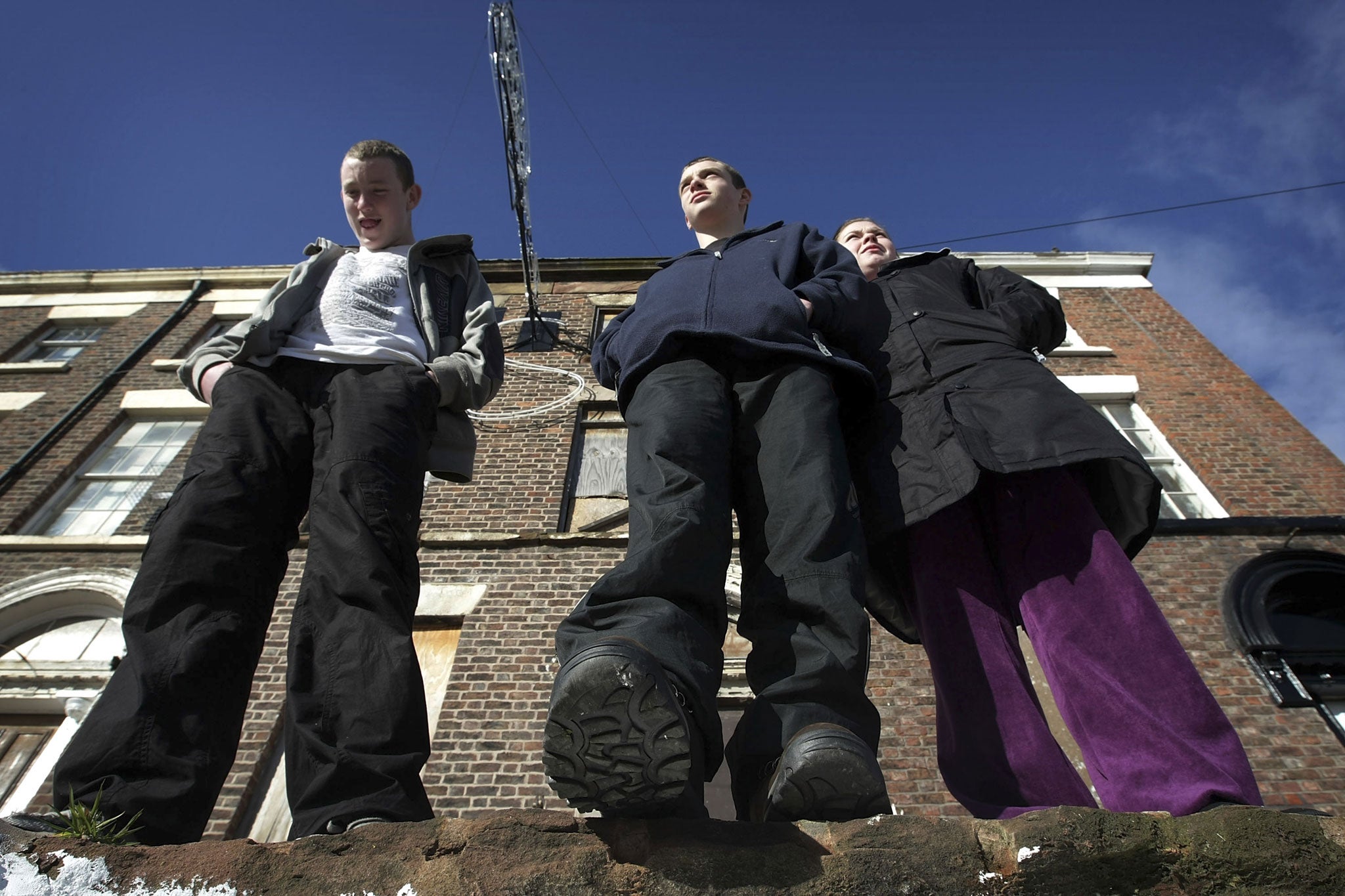Cut youth services now and we'll pay for it later
Some say a failure to measure value is making youth budgets an easy target

The figures regarding the extent of the cuts in youth service expenditure are startling. Across the board, public spending for teenagers – from youth clubs to support with drug or alcohol addiction – has fallen 36 per cent since 2010. In those areas with the highest levels of cuts, the opportunities for young people will be significantly diminished.
At a time when austerity measures are hitting all budgets, does this matter? We believe so. The kind of educational opportunities offered by qualified youth workers and their support staff, out of school, on an open access basis, provide many young people with something they can find nowhere else - a relationship with a trusted adult and the chance to develop critical social and emotional skills. Building individual resilience, as well as helping potentially vulnerable young people to work with others, and articulate their own views, are among the great things youth work brings. And for some young people perhaps - just below the radar of the criminal, health or social services - youth work can provide the support that sets them on a positive course, preventing the need for much more costly intervention later on.
There is no pattern to the cuts in youth services; where one council has stopped its youth service, another may have taken the brave decision to keep it intact. Call it localism or a postcode lottery. But the truth is that for many young people the extent of their opportunity is down to where they live.
One might also conclude cynically that as young people do not have the vote it is unsurprising that cutting these services are a softer target. Nick Hurd, the Cabinet Office Minister with responsibility for youth, points to the youth sectors’ slowness to measure its value as a reason for the ease with which cuts have been made. And it is true, the impact of youth work has been difficult to measure - although talk to any young person involved in it, and they’ll give you a fine measurement of their own.
The good news is that there is innovation, for example the Borough of Kensington and Chelsea recently became the first council to transform its youth support service into a stand-alone public service mutual. It is completely free from local authority control but delivers public services and its 152 staff play a role in its management.
Other boroughs are creating new partnerships with the voluntary and private sectors, exploring new approaches to joint commissioning of services with health, schools and police and crime commissioners and there is some early work on social investment. Youth workers are being employed in schools, sand corporates, like Barclays and O2, run youth work programmes that bring benefits to thousands of young people.
At the National Youth Agency we are actively supporting innovation and change in our sector but we also believe every young person should have access to youth work opportunities and support from youth workers. If there are parts of the country where this is not the case then this is wrong. We have little doubt that lack of investment now will have significant consequences in the future.
Join our commenting forum
Join thought-provoking conversations, follow other Independent readers and see their replies
Comments
Bookmark popover
Removed from bookmarks